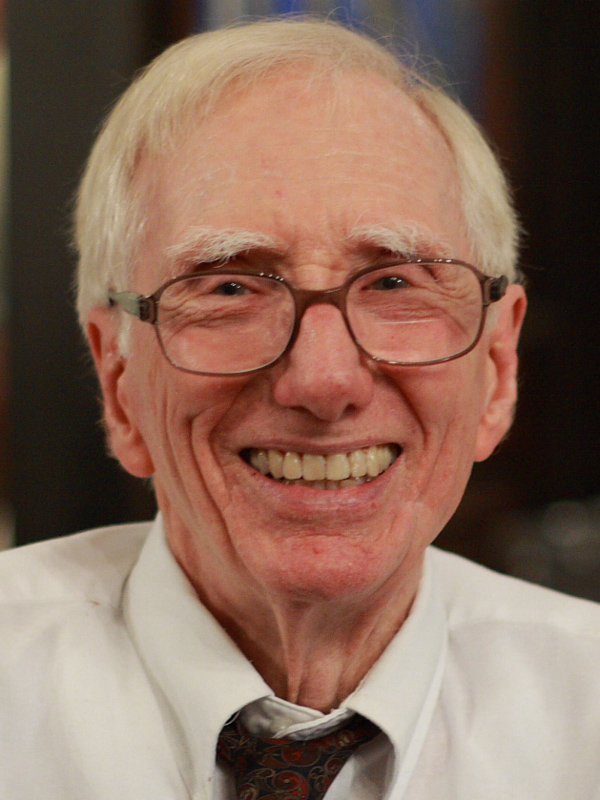 |
| Robert N. Bellah |
"Community" is a word which Bellah maintains has, in our cultural and political discourse, been used too narrowly to signify just "face-to-face groups formed by the voluntary efforts of individuals." Examples: volunteering for soup kitchens, Habitat for Humanity, Meals on Wheels. That aspect of communitarianism is good, but Bellah says it's not good enough:
... we do not believe that the deep structural problems that we face as a society can be effectively alleviated by an increase in devotion to community in this narrow sense. We would agree that an increase in the voluntary commitments of individuals can over the long haul increase our social capital and thus add to the resources we can bring to bear on our problems. But to get at the roots of our problems these resources sources must be used to overcome institutional difficulties that cannot be directly addressed by voluntary action alone.
(Social capital? It's a term academics use to quantify, in the words of Washington Post columnist Robert J. Samuelson here, "the ability of people to work and play together — to cooperate and connect with others." Bellah hopes Americans can reverse our decades-long decline in social capital, a topic which forms a large part of the subject matter of his book.)
Bellah feels "narrow" communitarianism on a very local scale encourages people to join only homogenous groups of other folks who are just like themselves. Bellah disparages that kind of homogenous, localized communitarianism as insufficient to the needs of the larger society. He's right ... but he's also wrong, I think, to be so negative about something that can bring us out of our solipsistic, overly individualized selves.
The problem is not soup kitchens, Meals on Wheels, or (in my own particular case) volunteering to drive local seniors to supermarkets and medical appointments. The problem is whether or not the people who volunteer bring the right spiritual orientation to their endeavor.
Indeed, Bellah later in his introduction echoes my own thinking when he says, "Any community short of the universal community is not the beloved community." This sentence, which could be seen as a mantra for the entire book, is packed with significance. It comes just when Bellah, urging us to renew our common "civic membership," cites the example of Jesus. In chapter 10 of the Gospel of Luke, Jesus is asked "Who is my neighbor?" — inasmuch as he has just commanded his disciples (Luke 10:27) to "Love your neighbor as yourself." Jesus responds to this question with the parable of the Good Samaritan. Bellah writes:
... the true neighbor turns out to be a Samaritan, a member of a group despised in Israel. It is not that Jesus didn't think that a person living next door, or an inhabitant of one's own village, or a member of one's own ethnic group could be a neighbor. But when asked directly, he identified the neighbor as a stranger, an alien, a member of a hated ethnic group.
| Martin Luther King Jr. |
For Dr. King, The Beloved Community was not a lofty utopian goal to be confused with the rapturous image of the Peaceable Kingdom, in which lions and lambs coexist in idyllic harmony. Rather, The Beloved Community was for him a realistic, achievable goal that could be attained by a critical mass of people committed to and trained in the philosophy and methods of nonviolence.
Dr. King’s Beloved Community is a global vision, in which all people can share in the wealth of the earth. In the Beloved Community, poverty, hunger and homelessness will not be tolerated because international standards of human decency will not allow it. Racism and all forms of discrimination, bigotry and prejudice will be replaced by an all-inclusive spirit of sisterhood and brotherhood. In the Beloved Community, international disputes will be resolved by peaceful conflict-resolution and reconciliation of adversaries, instead of military power. Love and trust will triumph over fear and hatred. Peace with justice will prevail over war and military conflict.
Amen to all that!


